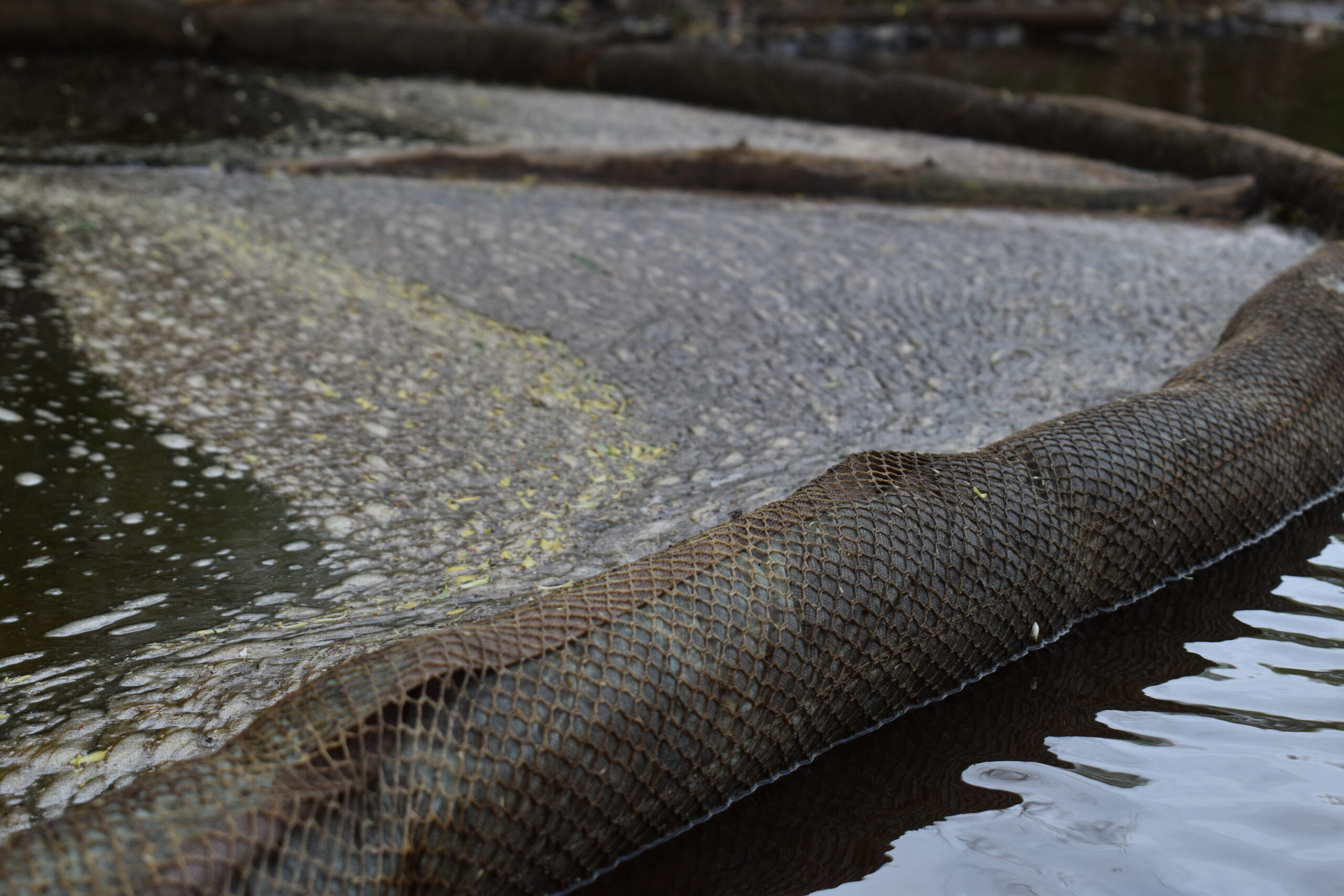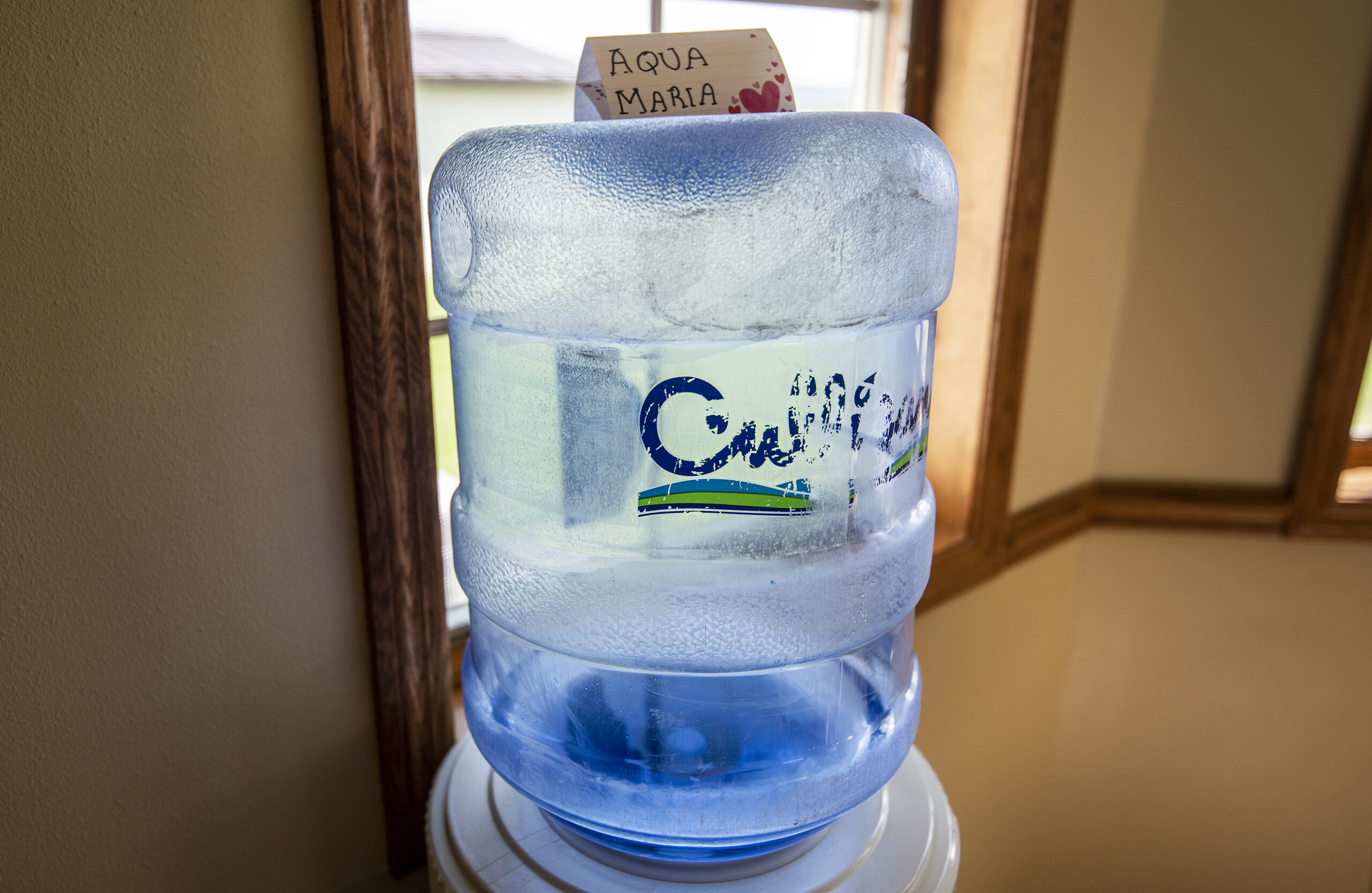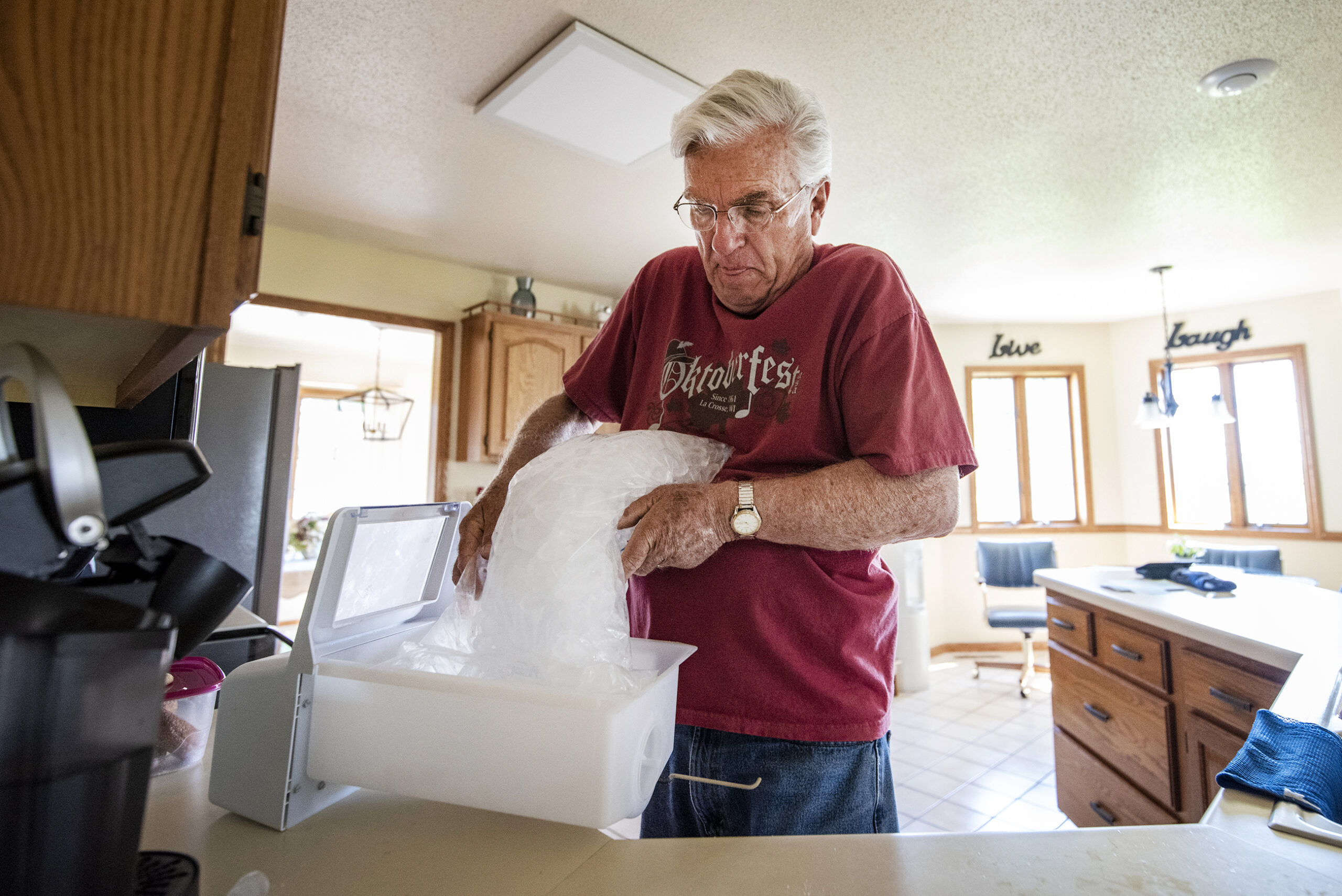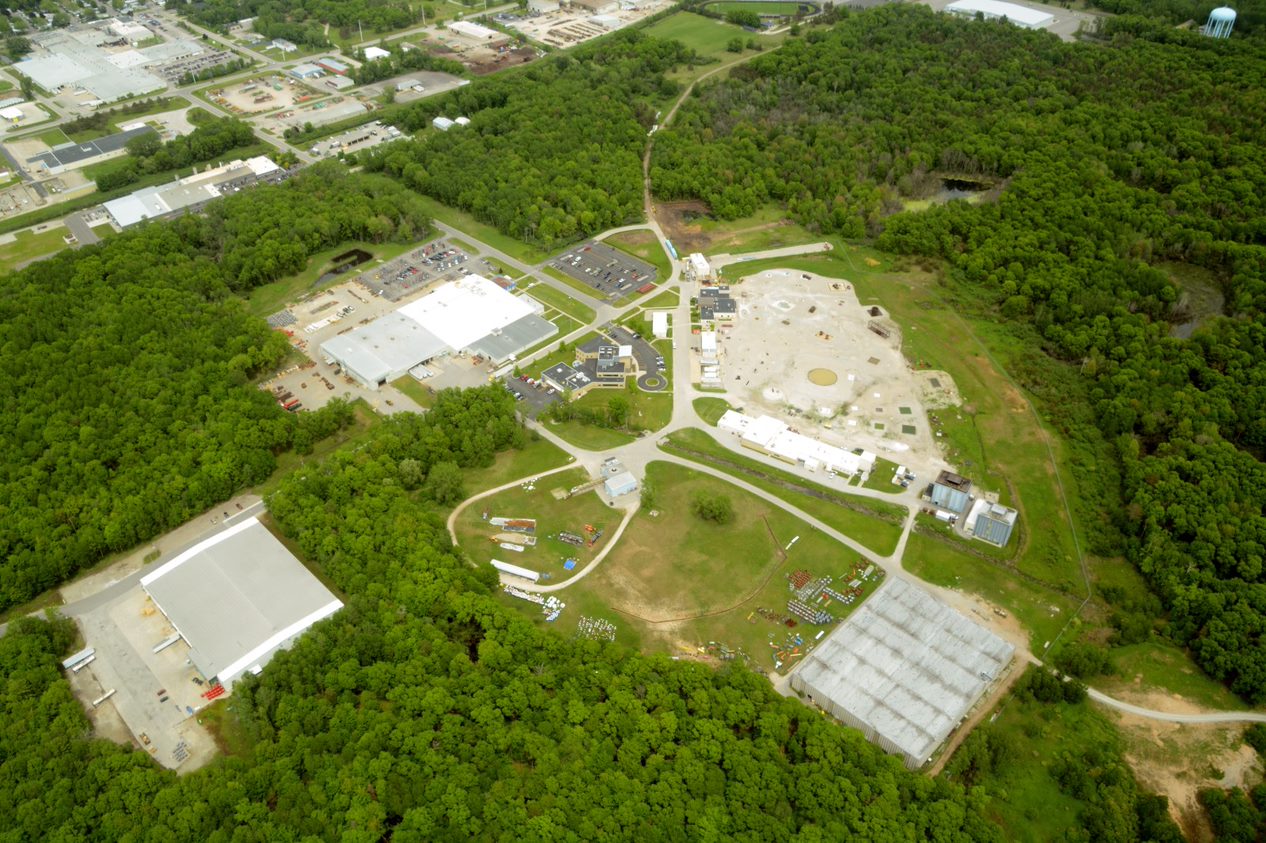Small and disadvantaged communities in Wisconsin may soon access around $25 million in federal grants to address PFAS contamination in drinking water.
The U.S. Environmental Protection Agency announced the funding this week as part of $5 billion being provided through the bipartisan infrastructure law over five years to reduce pollution from the so-called forever chemicals.
The money will target relief for communities of fewer than 10,000 residents that can’t afford to finance projects to reduce PFAS or other contaminants like methylmercury and manganese. Communities can use the grants to address PFAS in drinking water, household water-quality testing, technical assistance and contractor training.
Stay informed on the latest news
Sign up for WPR’s email newsletter.
Small town leaders of communities grappling with PFAS pollution in private wells say the funding is sorely needed, including Cindy Boyle, chair for the town of Peshtigo.
“I’m very grateful that the EPA leadership is looking at small communities, communities that just have very limited resources and feel overwhelmed with where do you turn to try to be able to bring safe solutions to your residents,” Boyle said.

PFAS, or per- and polyfluoroalkyl substances, represent a class of thousands of synthetic chemicals widely used by industry since the 1940s. They’ve been used in everyday products like nonstick cookware, stain-resistant clothing, food wrappers and firefighting foam. PFAS don’t break down easily in the environment. Research shows high exposure to the chemicals can cause kidney and testicular cancers, fertility issues, thyroid disease and reduced response to vaccines over time.
The Peshtigo and Marinette area has been subject to the state’s most complex investigation into PFAS contamination of private wells stemming from Tyco Fire Products’ fire training facility. The facility made, tested and used firefighting foam containing PFAS there since the late 1960s, which seeped into groundwater that has migrated off site. Because of that contamination, residents like Boyle have been relying on bottled water for five years.
The community is exploring the creation of its own public water utility to provide a permanent source of safe water. That project could cost up to $91 million for the town of 4,000. The town plans to put a referendum before voters seeking approval to use any grant money toward creation of a utility.
Small communities confronting PFAS in their drinking water face costly challenges with treatment, testing and monitoring. Chris Groh, executive director of the Wisconsin Rural Water Association, said the possibility of drilling a new well may cost up to $2 million for small towns.

“They might have two or three wells, which means that each well would have to be looked at, studied, re-installed, or maybe turned off and another well drilled,” Groh said. “So just monitoring the water from several wells is an expensive cost.”
The town of Campbell on French Island is currently drilling a test well into a deep aquifer to explore whether it may be a safe source of drinking water for the town. Many residents in the town of nearly 4,300 have been relying on bottled water as PFAS has polluted private wells. Town officials believe the contamination is from firefighting foam used at the La Crosse Regional Airport, located on the island in the Mississippi River.
Lee Donahue, a town supervisor, said the town may be able to use the grants to examine whether the aquifer would support a municipal water system if it proves a viable solution.
“We don’t have the tax base that a large city will have, so it’s very important for the towns to still be included in these funding opportunities,” Donahue said.
The Wisconsin Department of Natural Resources said the money is part of hundreds of millions the state is slated to receive over five years under the infrastructure law for water projects.

“The DNR will work with communities to provide information on eligible projects and the timeline for submitting applications,” the agency said in an email.
The EPA will work with states and tribes, which are slated to receive $38.6 million nationwide, on draft projects and work plans for approval prior to any applications. The DNR said the public will be able to comment on its plan this spring.
PFAS have been detected in more than 50 communities across Wisconsin from small towns like Stella to larger cities like Eau Claire, Wausau and Madison. The DNR is actively investigating around 100 sites for PFAS pollution, according to its website tracking environmental cleanups.
“This investment will put Wisconsin to work helping our small and rural communities address PFAS contaminants so we can provide safe and clean drinking water to people across the Badger State,” U.S. Sen. Tammy Baldwin said in a statement.
Gov. Tony Evers recently proposed more than $100 million in the next two-year state budget to address PFAS. Evers’ plan would support increased testing and monitoring, funding to provide temporary drinking water to affected households, and 11 new positions at the DNR to tackle the chemicals. Republican lawmakers like Sen. Rob Cowles of Green Bay and Sen. Mary Felzkowski from Irma have indicated they may be willing to spend money on PFAS under the budget to address the chemicals.
Wisconsin Public Radio, © Copyright 2024, Board of Regents of the University of Wisconsin System and Wisconsin Educational Communications Board.





